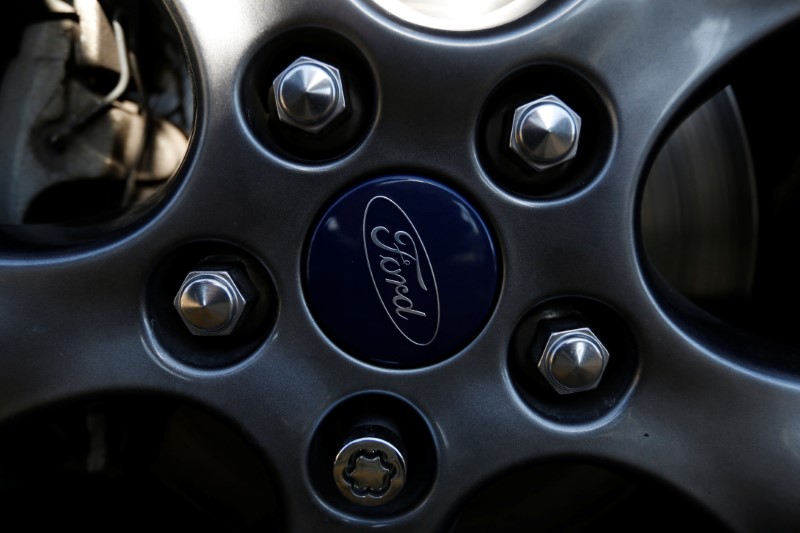Investing.com’s stocks of the week
Ford (NYSE:F) CEO Jim Farley revealed at the Detroit automaker’s capital markets day Monday, that the company will stop competing in over-served market segments and instead will place big bets on connected vehicles and digital services.
Farley said the company has been “stuck in a box,” with thin profit margins, weak growth and low stock valuation.
The CEO said that Ford will emphasize software and services as well as iconic vehicles such as pickup trucks, large SUVs, commercial vehicles and advanced second-generation electric vehicles. He said the company is eliminating waste to close a cost gap with the best in the industry with a “lean disciplined operating system” that reaches into all Ford factories.
Farley believes that by focusing on software, services and Ford's strengths in products, the company won't be as vulnerable to a downturn as in the past.
Ford also is focusing on reducing the number of parts in its vehicles, and on the performance and stability of parts supply companies, he said.
“We have some chronically inefficient tier one and tier two suppliers,” said Kumar Galhotra, president of Ford Blue. Some have caused an unstable flow of parts, he said, adding that Ford has worked with 125 key suppliers to stabilize their operations. “If the present supplier is not on a path to a permanent solution, we’re resourcing the business,” he said.
A study by Plante Moran released Monday showed that Ford’s working relations with parts suppliers has declined dramatically since 2020.
The automaker also announced Monday that they have signed deals with multiple suppliers for battery materials. Under their terms, Albemarle Corp (NYSE:ALB) and Nemaska Lithium will supply lithium hydroxide over a period of five and 11 years respectively. EnergySource Minerals will supply Ford with lithium hydroxide, while Compass Minerals (NYSE:CMP) will provide lithium carbonate.
Shares of F are down 1.59% in mid-day trading on Monday.
